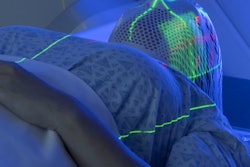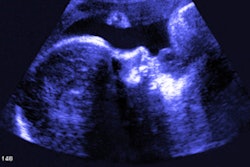Dear Women's Imaging Insider,
It's National Breast Cancer Awareness Month! Every year around this time, the pink-colored mainstream spotlight is on the importance of regular breast cancer screening, as well as detecting breast cancer early for better treatment outcomes.
Breast cancer screening is no longer just about conventional mammography, of course. Mammography has gone through multiple evolutionary stages in recent decades, from screen film to digital, and from digital to 3D. Malaysian researchers decided to compare 2D mammography, contrast-enhanced mammography, and digital breast tomosynthesis when it comes to mean glandular dosage. Read what they found in this edition's Insider Exclusive.
Another national day had its inaugural recognition recently. National Dense Breast Day was held on September 28. Led by organizers from DenseBreast-info.org, the day aimed to educate women and radiologists on breast density and its ties to breast cancer. Read the story of one of the organizers, JoAnn Pushkin.
In other news, two researchers penned an editorial calling for the "women's imaging" label to be retired. They wrote that "women's imaging" is nonspecific, anatomically inaccurate, and ignores sex while focusing on gender, among other reasons.
Also, a team from the University of Florida found no significant ties between gadolinium-based contrast agents in MRI and risk of fetal or neonatal death. The group also noted similar rates of death and admission in the neonatal intensive care unit between gadolinium and nongadolinium study groups.
Plus, check out the following women's imaging stories:
- A Canadian team reported that over 400,000 fewer mammograms were performed in Ontario during the COVID-19 pandemic than would have otherwise been conducted.
- Black women have less access to new mammography technology compared with white women, though these differences decrease over time as the technologies become more widely available, a recent study suggests.
- Swiss researchers found that using humor during routine breast cancer screenings can improve relationships between radiologists and patients.
- About a quarter of physicians do not consider life expectancy a good enough reason to stop cancer screening in older adults, according to a Johns Hopkins University team.
Find more articles like these by regularly visiting your Women's Imaging Community!




















